Hacks That Will Make Boiling Your Eggs So Much Easier
When it comes to anything food-related, fresh is always best, right? Well, not in every instance. Some things are better with a bit of age on them, like fine wines, ripe cheeses, and eggs. Yes, eggs! In his classic “On Food and Cooking: The Science and Lore of the Kitchen,” food scientist Harold McGee advises that “the best guarantee of easy peeling is to use old eggs!” (Yes, he uses the exclamation point and everything, so obviously, he has strong feelings on the subject.) The reason for this is that the albumen of older eggs has a higher pH, which causes it to cling less tightly to the shell membrane once the egg has been cooked.
This is all very well and good, but as Wired points out, eggs are getting fresher and fresher these days as our food supply chain becomes more efficient. Both artisanal eggs and the plain old factory-farmed supermarket kind are practically whisked right from the nest to store shelves without much ripening time. Luckily, McGee has a simple solution for this: He suggests adding half a teaspoon of baking soda per quart of water used to boil the eggs, although it might make them taste a tad like sulfur. Eggs are already on the sulfurous side, though, so you may not notice much difference in flavour.
Vinegar may help keep your eggs intact.
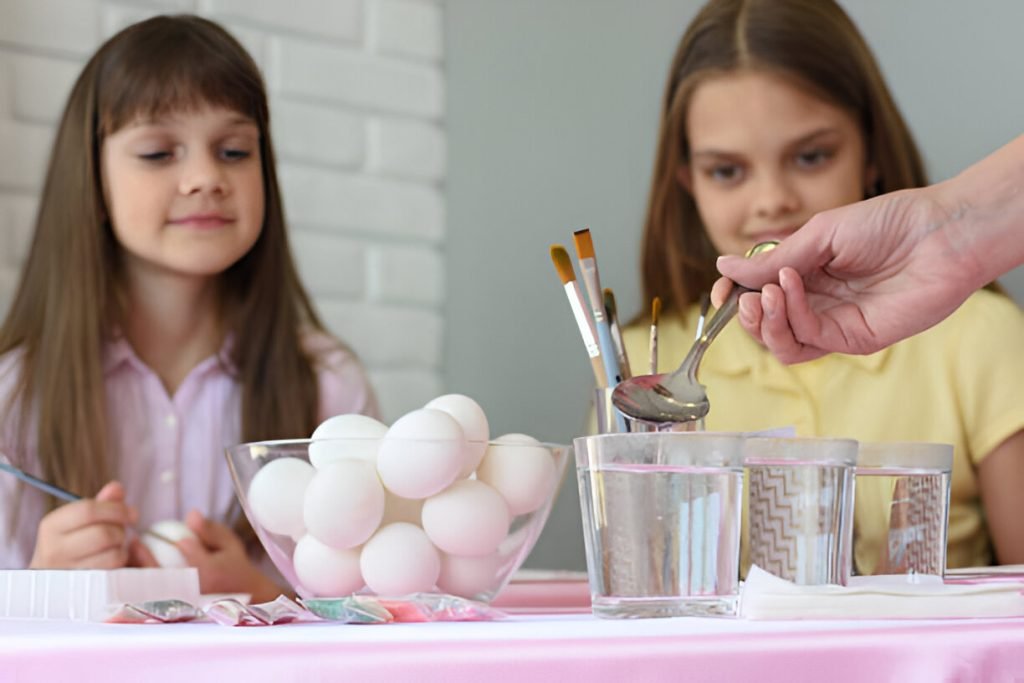
The one problem with using older eggs for boiling is that while their higher, more alkaline pH makes them easier to peel, it could also make them more prone to cracking. How can you fix that problem? The Survival Freedom website suggests adding a small amount of vinegar to the cooking water. It is to be noted that the vinegar won’t actually prevent the eggshell from developing cracks as it cooks. Instead, it will work on the albumen inside the shell, strengthening it so that if the shell does crack, the egg white will stay inside the sac instead of spilling out into the boiling water. The vinegar also helps the egg whites to congeal more quickly, and a congealed white is not a leaky white.
You can use any type of vinegar for your egg water, and lemon juice will work as well. But distilled white vinegar is bound to be the cheapest option. As for the amount you’ll need, they suggest two teaspoons per cup or about three tablespoons per quart. (2 tablespoons + two teaspoons if you want to adhere to the exact ratio.) Do not, however, let your eggs sit in the vinegar water after you’ve finished cooking them, as vinegar will eventually dissolve the shells. Instead, remove the eggs from the hot water (a slotted spoon will help with this) and let them sit in a cold-water bath to help loosen the shells before peeling.
Oil can also help with peeling boiled eggs.
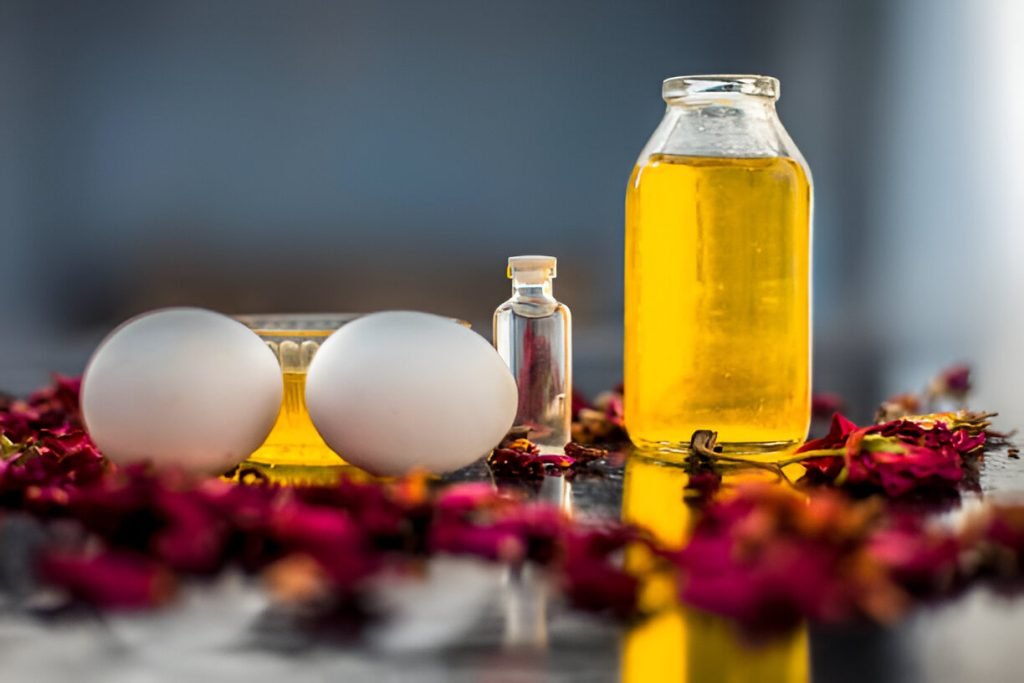
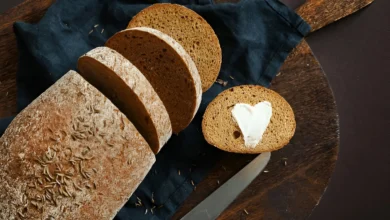
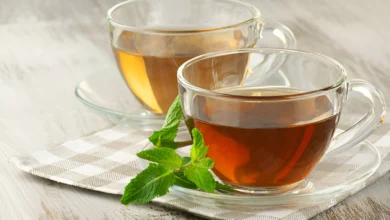
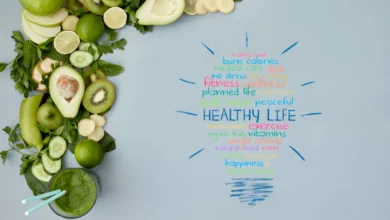
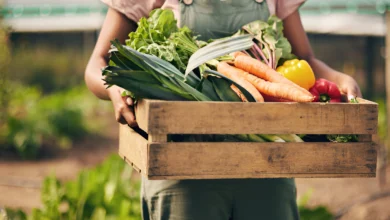
you are truly a just right webmaster. The site loading speed is incredible. It kind of feels that you’re doing any distinctive trick. In addition, The contents are masterwork. you have done a great activity in this matter!
I do agree with all the ideas you have introduced on your post. They are very convincing and will definitely work. Still, the posts are very short for newbies. May just you please prolong them a little from subsequent time? Thank you for the post.
Greatness begins with the right mindset — and the perfect cannabis from ObtainHigh.com!
I haven’t checked in here for some time because I thought it was getting boring, but the last several posts are great quality so I guess I’ll add you back to my daily bloglist. You deserve it my friend 🙂
Hi my loved one! I wish to say that this post is amazing, nice written and include approximately all vital infos. I’d like to peer more posts like this.
https://semaglupharm.shop/# Semaglu Pharm
rybelsus vs ozempic vs wegovy: No prescription diabetes meds online – Rybelsus for blood sugar control
compare prednisone prices: 80 mg prednisone daily – PredniPharm
http://semaglupharm.com/# does rybelsus work for weight loss
CrestorPharm: Crestor Pharm – CrestorPharm
Where to buy Semaglutide legally: hair loss semaglutide – Semaglu Pharm
http://semaglupharm.com/# Safe delivery in the US
https://crestorpharm.com/# rosuvastatin vs atorvastatin muscle pain
para que sirve atorvastatin LipiPharm LipiPharm
FDA-approved generic statins online: LipiPharm – Online statin drugs no doctor visit
Crestor Pharm: rosuvastatin constipation – Generic Crestor for high cholesterol
https://semaglupharm.com/# Semaglu Pharm
CrestorPharm Affordable cholesterol-lowering pills crestor brand name
font crestor: should you take crestor at night – Buy cholesterol medicine online cheap
Lipi Pharm: Lipi Pharm – Affordable Lipitor alternatives USA
https://semaglupharm.com/# rybelsus prior authorization
http://prednipharm.com/# Predni Pharm
semaglutide rybelsus 3mg how to get rybelsus cheap what’s the difference between semaglutide and tirzepatide
Predni Pharm: Predni Pharm – medicine prednisone 5mg
prednisone 30 mg daily: Predni Pharm – PredniPharm
prednisone buy canada: prednisone 250 mg – purchase prednisone from india
CrestorPharm CrestorPharm Crestor Pharm
https://semaglupharm.com/# max dose of semaglutide
prescription prednisone cost: prednisone 30 mg – Predni Pharm
Predni Pharm: can you buy prednisone over the counter in usa – price of prednisone tablets
Crestor Pharm CrestorPharm CrestorPharm
http://semaglupharm.com/# SemagluPharm
CrestorPharm: crestor 5mg side effects – CrestorPharm
https://semaglupharm.shop/# Semaglu Pharm
Predni Pharm: PredniPharm – buy prednisone 20mg
how much is prednisone 10 mg can i buy prednisone online without a prescription prednisone 50 mg price
how much does rybelsus cost: Semaglu Pharm – Rybelsus side effects and dosage
http://semaglupharm.com/# Semaglu Pharm
prednisone 2.5 mg daily: Predni Pharm – PredniPharm
prednisone drug costs prednisone online australia PredniPharm
http://crestorpharm.com/# rosuvastatin 40 mg para que sirve
Atorvastatin online pharmacy: can atorvastatin cause diarrhea – lipitor maker
https://semaglupharm.com/# SemagluPharm
rybelsus side effects vision No prescription diabetes meds online Order Rybelsus discreetly
Rosuvastatin tablets without doctor approval: crestor 40 – Crestor Pharm
Predni Pharm: Predni Pharm – PredniPharm
https://semaglupharm.com/# Where to buy Semaglutide legally
crestor medicamento: Crestor Pharm – CrestorPharm
Semaglu Pharm Semaglu Pharm SemagluPharm
http://prednipharm.com/# Predni Pharm
Lipi Pharm: Lipi Pharm – Affordable Lipitor alternatives USA
https://semaglupharm.com/# semaglutide
Online statin drugs no doctor visit: how many eggs can i eat on atorvastatin 20 mg – Lipi Pharm
SemagluPharm Online pharmacy Rybelsus 20 units of semaglutide is how many mg
https://semaglupharm.com/# Semaglutide tablets without prescription
CrestorPharm Over-the-counter Crestor USA Online statin therapy without RX
India Pharm Global: buy medicines online in india – top online pharmacy india
http://indiapharmglobal.com/# Online medicine order
indian pharmacies safe: India Pharm Global – India Pharm Global
https://canadapharmglobal.shop/# canada ed drugs
canadian pharmacy online: best rated canadian pharmacy – canada drugs
canadian pharmacy prices canadian neighbor pharmacy canadian mail order pharmacy
http://medsfrommexico.com/# Meds From Mexico
India Pharm Global: India Pharm Global – best india pharmacy
India Pharm Global indian pharmacy paypal Online medicine order
http://canadapharmglobal.com/# canadian drugstore online
https://medsfrommexico.com/# mexico drug stores pharmacies
world pharmacy india: best india pharmacy – India Pharm Global
https://medsfrommexico.shop/# reputable mexican pharmacies online
purple pharmacy mexico price list Meds From Mexico mexican online pharmacies prescription drugs
canadian pharmacy meds: Canada Pharm Global – pharmacy com canada
Meds From Mexico: reputable mexican pharmacies online – Meds From Mexico
https://indiapharmglobal.com/# India Pharm Global
https://indiapharmglobal.shop/# India Pharm Global
Meds From Mexico buying prescription drugs in mexico online mexico drug stores pharmacies
mexico drug stores pharmacies: mexican mail order pharmacies – Meds From Mexico
India Pharm Global: top online pharmacy india – India Pharm Global
http://medsfrommexico.com/# Meds From Mexico
India Pharm Global India Pharm Global India Pharm Global
India Pharm Global: top 10 pharmacies in india – india online pharmacy
https://medsfrommexico.com/# buying from online mexican pharmacy
canadian pharmacy drugs online: Canada Pharm Global – best online canadian pharmacy
http://canadapharmglobal.com/# canadian pharmacy checker
Meds From Mexico buying prescription drugs in mexico mexico drug stores pharmacies
India Pharm Global: India Pharm Global – indian pharmacy online
canadian pharmacy cheap: Canada Pharm Global – canada pharmacy online
mexican border pharmacies shipping to usa mexico drug stores pharmacies Meds From Mexico
https://medsfrommexico.com/# best online pharmacies in mexico
canadian pharmacy ed medications: canadian 24 hour pharmacy – onlinepharmaciescanada com
canadian pharmacy meds review: canadian pharmacy king – pharmacy canadian superstore
mexico drug stores pharmacies Meds From Mexico reputable mexican pharmacies online
http://medsfrommexico.com/# reputable mexican pharmacies online
reputable mexican pharmacies online: Meds From Mexico – mexican mail order pharmacies
Rask Apotek: multivitamin uten jern apotek – Rask Apotek
Rask Apotek Rask Apotek Rask Apotek
http://efarmaciait.com/# EFarmaciaIt
Rask Apotek: Гёyemaske apotek – Rask Apotek
EFarmaciaIt: farmacia 24 – EFarmaciaIt
https://raskapotek.com/# Rask Apotek
barberblad apotek tГёrrhoste apotek Rask Apotek
http://papafarma.com/# sildenafilo 50 mg 4 comprimidos precio
munnskold apotek: apotek brodder – Rask Apotek